EU urges members to end refugee deadlock
The European Union has called on member states to do more to end a deadlock on how they should share the burden of Europe’s historic refugee exodus as the continent is struggling to cope with increasing arrivals.
EU migration commissioner, Dimitris Avramopoulos, said Thursday that members should stop refusing to accept quotas designated in 2015 and allow refugees in.
“I hope that today finally we shall find the common ground on solidarity.... I think one and a half years is enough,” said Avramopoulos before a meeting of EU interior ministers in Malta.
German Interior Minister Thomas de Maiziere also urged a final solution, saying his country and France have both presented proposals to break the deadlock on sharing the refugee burden.
“I think it is now the time to achieve a compromise in the coming months,” De Maiziere said before the meeting which was meant to debate ways to reform EU’s so-called Dublin rules on the relocation of refugees.
The German official did not elaborate on the details of the proposal by Berlin and Paris. Germany has accepted more than a million of the flow that began to hit Europe in early 2015.
Countries in Eastern Europe have been the most reluctant in accepting refugees, saying they could not afford the security risks imposed by asylum seekers. Those countries, mostly poorer members of the EU, have proposed to compensate their backtracking through financial assistance.
Greece and Italy, two overstretched countries on the Mediterranean, have been on the frontline of grappling with the exodus. Those seeking asylum in the EU should file their applications in the first country they arrive in and if they continue the journey to other EU nations, they have to be returned to their first port of call, in most cases Greece and Italy.
The refugees initially used the route across eastern Mediterranean to Greece, but a deal in March between the EU and Turkey, in which Germany played a major hand, reduced the flow. However, the number of arrivals through central Mediterranean from Libya to Italy has increased in recent months, prompting concerns that Europe should prepare itself for another influx in the spring.
Europe has been experiencing an unprecedented influx of refugees over the past months. The asylum seekers flee conflict-ridden zones in North Africa and the Middle East, particularly Syria.
Many blame major European powers for the exodus, saying their policies have led to a surge in terrorism and war in the violence-hit regions, forcing more people out of their homes.
VIDEO | Extreme weather compounds Gazans’ suffering
VIDEO | Fighting British state
The strategic calculus driving Iran-Kazakhstan ties
EU member states agree to impose indefinite freeze on Russian assets
Israeli military conducts new ground incursion in Syria’s Quneitra
Israeli forces kill Palestinian teenager in Gaza amid truce violations
Talk of Israeli attack on Hezbollah in line with Israel’s agenda: Lebanese MP
Scrutiny grows over Trump’s health after drowsy public appearances



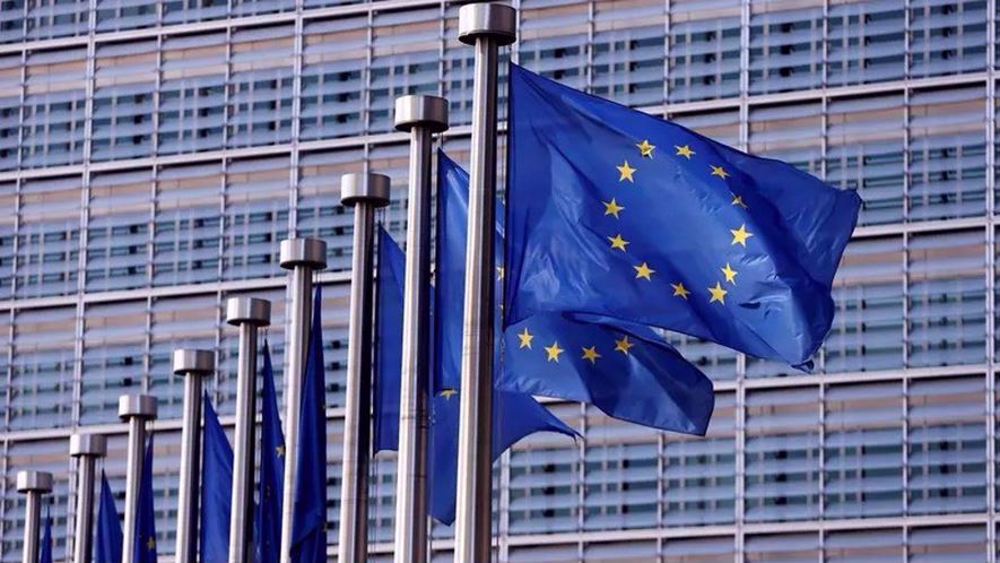
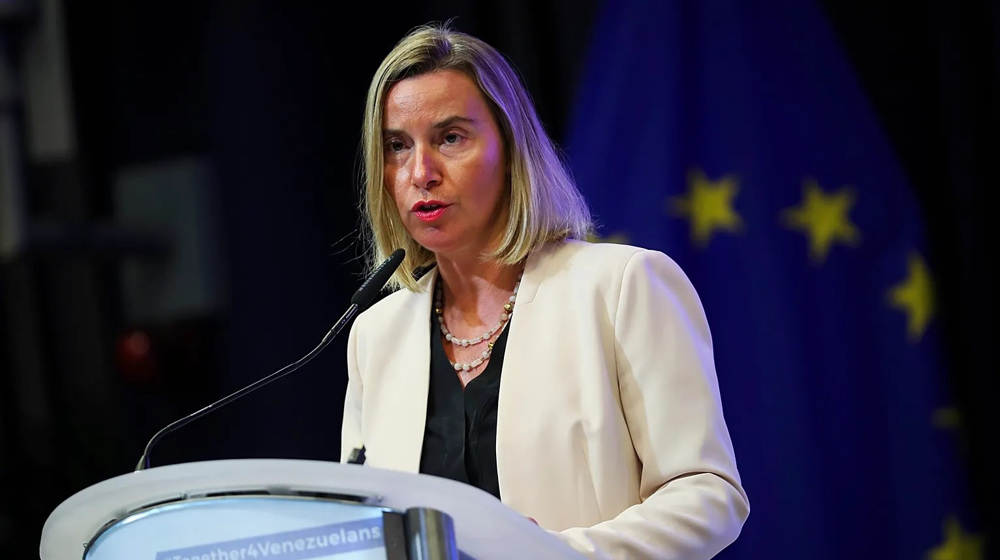
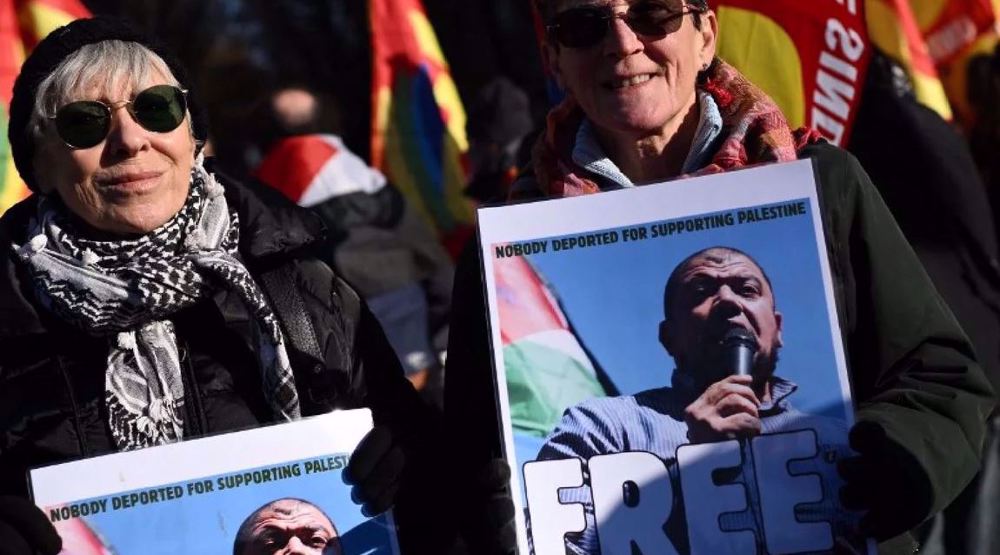



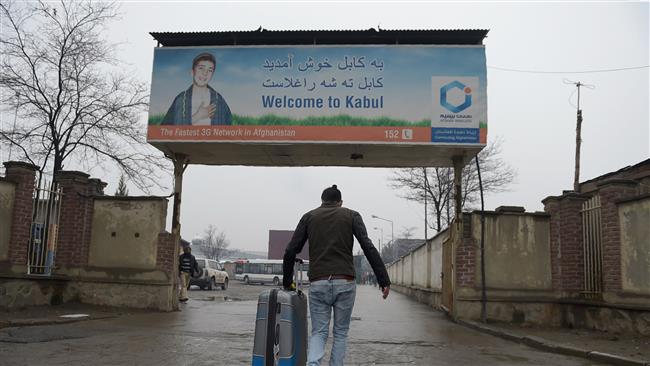
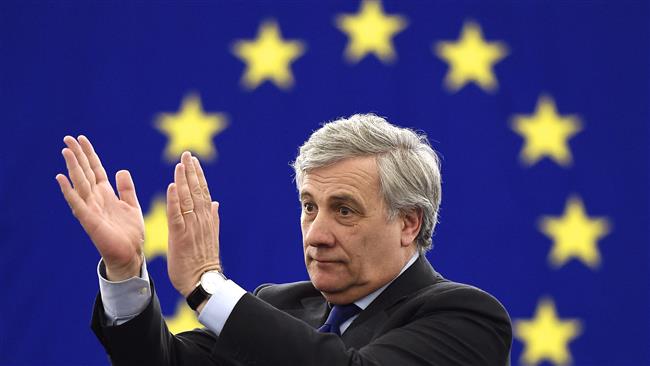
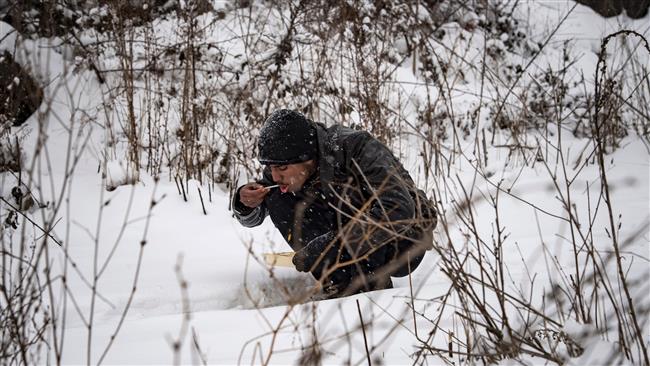

 This makes it easy to access the Press TV website
This makes it easy to access the Press TV website